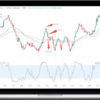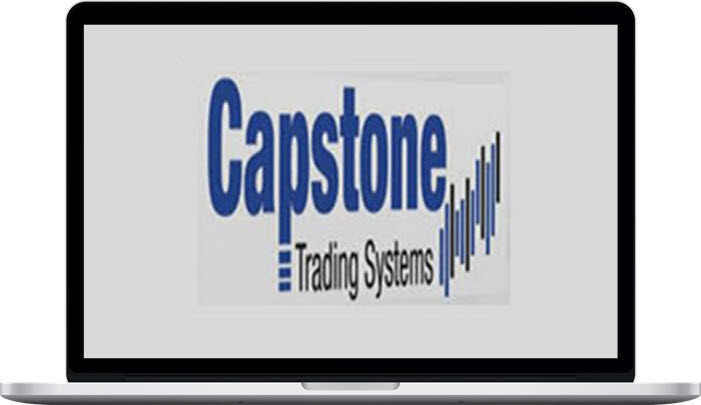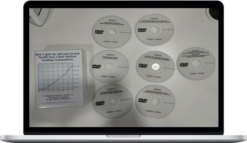David Bean – Cobra (aka Viper Crude)
$9,995.00 $50.00
»Instant Delivery
Description
David Bean – Cobra (aka Viper Crude)
Description
Cobra (originally Viper with a name change on October 17, 2011) is a trend following day-trade strategy that trades stock index futures, euro currency, bonds, and crude oil. This original strategy was designed at the end of 2005 for stock index futures using market internals. A modified version also trades Bonds, Euro Currency, Crude Oil, and the SPY ETF.
I consider Cobra my flagship trading system based on the fact that it works so well over a broad range of markets with very little change in the trading system for the different market sectors. It trades the following markets: E-mini S&P, E-mini Russell, E-mini Midcap, Crude Oil, E-mini Crude Oil, Euro Currency futures and forex, 30 Year T-bonds, and the SPY ETF.
How does Cobra work? The details of the strategy are proprietary. In general, I combine my own pattern based entry technique as well as my own trend indicator. If the trend is up, then we take long trades if the long pattern setup is there. If the trend is down, then we take short trades if the short pattern setup is there.
The goal is to trade the trend and get in before the trend accelerates but to also ensure that we have the trend correct. We are not looking to call tops and bottoms but could be described as a “middle trend finder” and to get a piece of the trend somewhere in the middle. It is a day trade strategy.
What is the history? When was it designed?
I designed the Cobra trading system in 2005 (originally called Viper) for the stock indexes with the creation of Cobra I stock indexes. In 2008, I decided to reduce the daily risk for traders looking to quantify daily risk within a system by limiting the system to one trade. I made the modification of limiting it to one trade in Cobra II and also added a profit target. Cobra and Cobra II have the same entry criteria.
In 2009, I added Cobra III which has a more selective entry criteria than Cobra I and Cobra II but like Cobra II, in that it has one entry per day and a profit target.
In 2008 and 2009 I also added other markets such as Crude Oil, Euro Currency futures and forex, and 30 Year Bonds.
The trend indicator for non stock index markets is different since the stock index market use New York Stock Exchange market internals such as $TICK, $ADV, $DECL, etc. This is the main difference. The trend indicator between non stock index markets is the same.
About David Bean
David Bean is the owner of Capstone Trading Systems. David has been developing trading systems since 1997 years by studying and analyzing the markets and the trading systems that synchronize with price movements in the markets.
Developing new strategies as the market changes and solving the “puzzle of price” movement is his professional passion. Finding some order within the chaos through strategies that “beat the market” is the goal of Capstone Trading Systems.
More courses from the same author: David Bean
Delivery Policy
When will I receive my course?
You will receive a link to download your course immediately or within 1 to 21 days. It depends on the product you buy, so please read the short description of the product carefully before making a purchase.
How is my course delivered?
We share courses through Google Drive, so once your order is complete, you'll receive an invitation to view the course in your email.
To avoid any delay in delivery, please provide a Google mail and enter your email address correctly in the Checkout Page.
In case you submit a wrong email address, please contact us to resend the course to the correct email.
How do I check status of my order?
Please log in to TradingAZ account then go to Order Page. You will find all your orders includes number, date, status and total price.
If the status is Processing: Your course is being uploaded. Please be patient and wait for us to complete your order. If your order has multiple courses and one of them has not been updated with the download link, the status of the order is also Processing.
If the status is Completed: Your course is ready for immediate download. Click "VIEW" to view details and download the course.
Where can I find my course?
Once your order is complete, a link to download the course will automatically be sent to your email.
You can also get the download link by logging into your TradingAZ account then going to Downloads Page.





